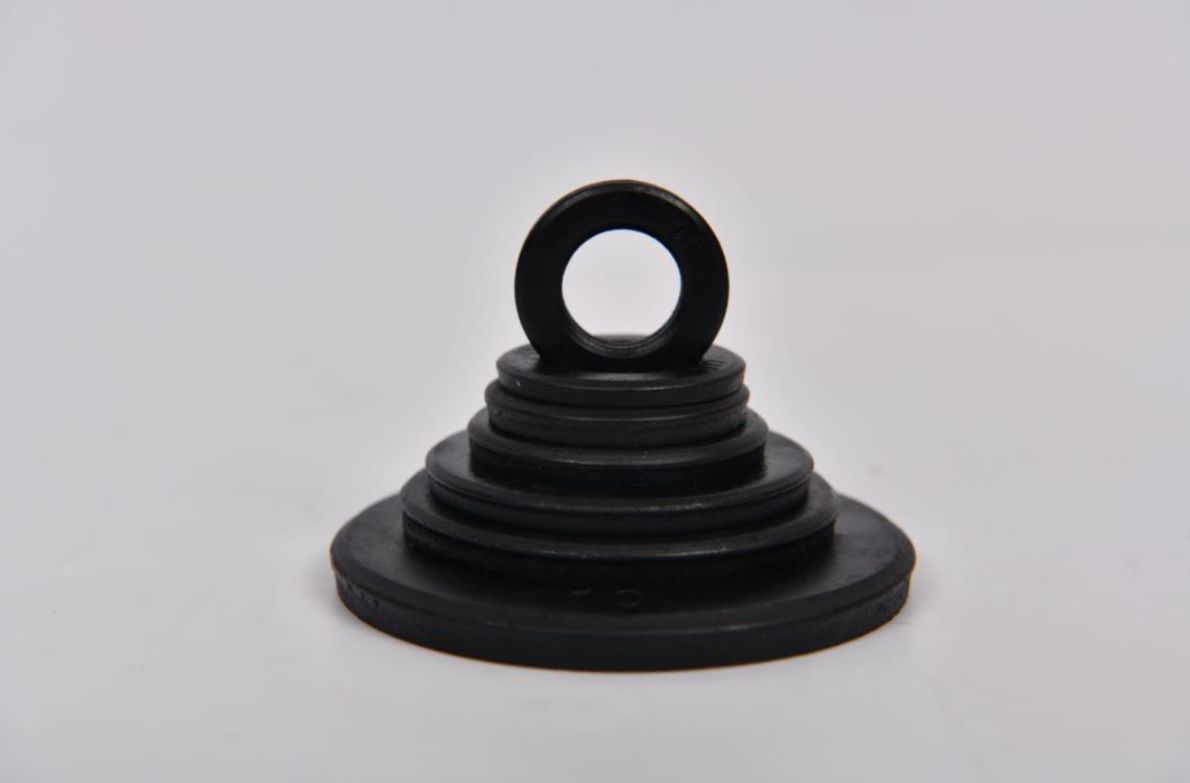Comparison of Self-Drilling and Self-Tapping Screws in Manufacturing Processes and Applications
Self-Drilling Screws vs. Self-Tapping Screws A Comprehensive Overview for Factories
In the world of fasteners, self-drilling screws and self-tapping screws play pivotal roles in various industrial applications. Understanding the differences between these two types of screws is crucial for factories seeking efficiency and effectiveness in their operations. Though the terms are frequently used interchangeably in casual conversation, they refer to fundamentally distinct types of screws, each designed for specific functions and uses.
Self-Drilling Screws
Self-drilling screws, often referred to as Tek screws, are specialized fasteners that come with a drill bit-like tip. This unique tip enables the screw to penetrate through materials without the need for pre-drilling. They are typically employed in metal-to-metal or metal-to-wood applications. The drilling capability allows for faster installation and can significantly reduce labor time, making them an optimal choice for factory settings where time and efficiency are critical.
The construction of self-drilling screws incorporates various materials, including stainless steel and carbon steel, which can be coated for additional corrosion resistance. This durability is essential for applications in challenging environments, such as construction, roofing, and other outdoor uses. Factories utilizing self-drilling screws appreciate their ability to provide strong, reliable joints while also simplifying the installation process.
Self-Tapping Screws
On the other hand, self-tapping screws are designed to create their own threads as they are driven into a material. Unlike self-drilling screws, self-tapping screws do require a pre-drilled hole to function optimally. They are commonly used in a variety of materials, including plastic, wood, and thin metals. The primary advantage of self-tapping screws lies in their usability across diverse applications, especially in assembling components where precise, tightened joints are necessary.
self drilling screw vs self tapping screw factories

Self-tapping screws come with different types of threading, including coarse and fine threads, which are suited for different material densities. Factories often choose self-tapping screws for applications that involve joining parts where there’s no need for repeated disassembly, as they ensure a tight fit but may be challenging to remove or adjust once installed.
Key Differences and Applications
The distinction between self-drilling and self-tapping screws boils down to their design and intended use. Self-drilling screws facilitate a one-step installation process, eliminating the need for a pilot hole, which is a considerable advantage in environments requiring speed. Conversely, self-tapping screws necessitate a pre-drilled hole, making them more suited for applications where precision is paramount.
In terms of material compatibility, self-drilling screws excel in metal applications, making them preferred in construction and metal fabrication industries. Self-tapping screws, with their ability to work effectively in various materials, are more versatile and found in electronics assembly, automotive, and furniture manufacturing.
Conclusion
For factories deciding between self-drilling and self-tapping screws, it is essential to assess the specific requirements of the project at hand. Both screw types have unique advantages that can significantly impact production efficiency and product quality. Ultimately, the choice will depend on the materials being used, the need for installation speed, and the nature of the application. By understanding the unique characteristics of self-drilling and self-tapping screws, factories can optimize their fastening processes to enhance overall productivity and effectiveness in their operations.
-
Top Choices for Plasterboard FixingNewsDec.26,2024
-
The Versatility of Specialty WashersNewsDec.26,2024
-
Secure Your ProjectsNewsDec.26,2024
-
Essential Screws for Chipboard Flooring ProjectsNewsDec.26,2024
-
Choosing the Right Drywall ScrewsNewsDec.26,2024
-
Black Phosphate Screws for Superior PerformanceNewsDec.26,2024
-
The Versatile Choice of Nylon Flat Washers for Your NeedsNewsDec.18,2024










